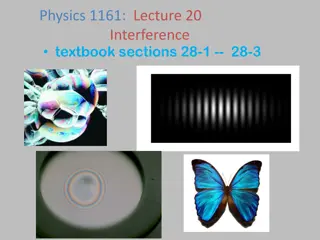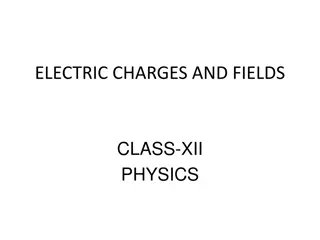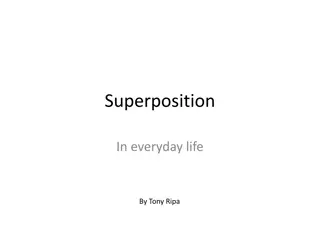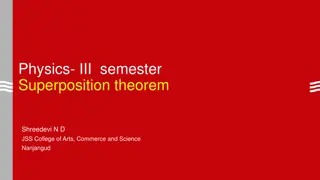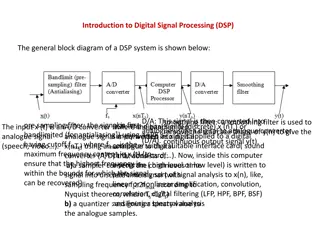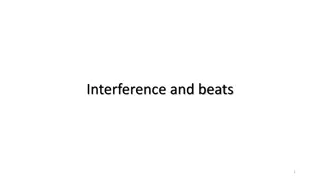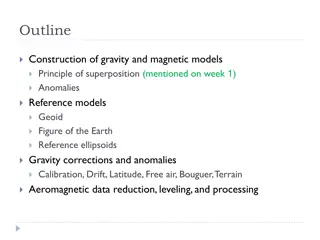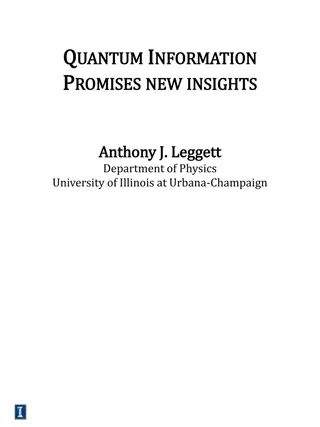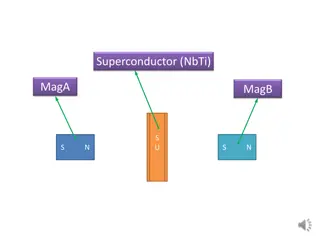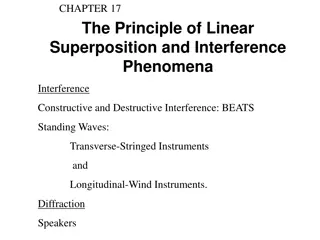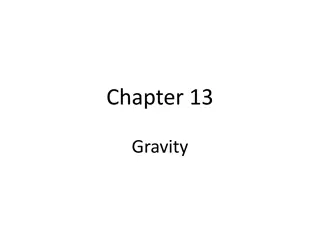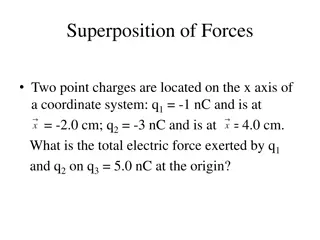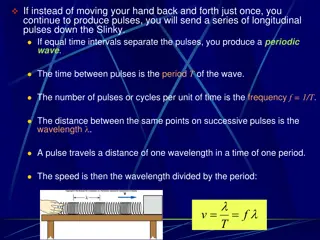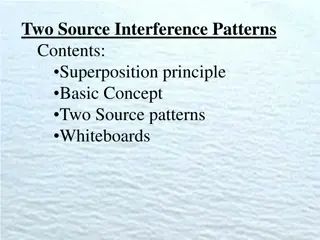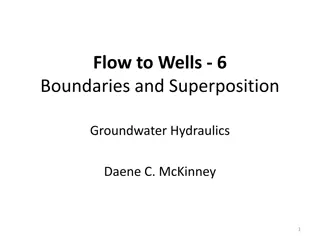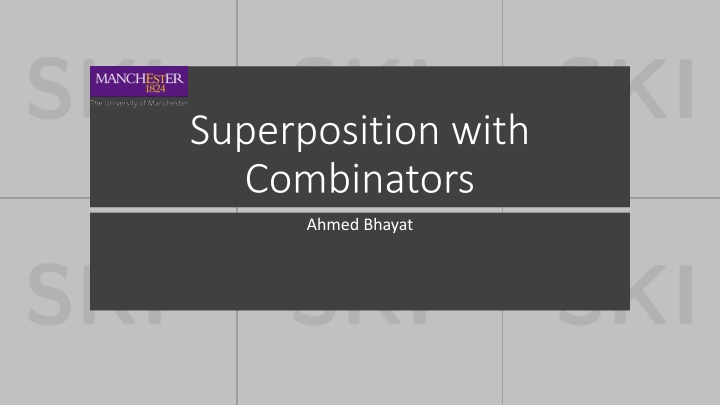
Lambda-free HOL and Higher-order Logic Challenges
Explore the challenges and solutions in lambda-free Higher-order Logic, including superposition issues, compatibility with arguments, and modified completeness proof techniques.
Download Presentation

Please find below an Image/Link to download the presentation.
The content on the website is provided AS IS for your information and personal use only. It may not be sold, licensed, or shared on other websites without obtaining consent from the author. If you encounter any issues during the download, it is possible that the publisher has removed the file from their server.
You are allowed to download the files provided on this website for personal or commercial use, subject to the condition that they are used lawfully. All files are the property of their respective owners.
The content on the website is provided AS IS for your information and personal use only. It may not be sold, licensed, or shared on other websites without obtaining consent from the author.
E N D
Presentation Transcript
Superposition with Combinators Ahmed Bhayat
Higher-order Logic as a First-order Theory Assume a polymorphic first-order logic. Higher-order logic can be completely axiomatized by adding axioms for the logical connectives along with:
Problems with the Approach For all common orderings, the two sides of the combinator axiom will be incomparable. Consider the axiom in applicative form: Consequences: Inferences have to be carried out on the right-hand side of the axiom Other axioms can superpose onto the right-hand side Not graceful at all
Lambda-free HOL (Bentkamp et. al. 2018) Exactly like first-order logic, but now have prefix subterms to deal with: In the presence of a term order that is compatible with arguments: there is no problem. Superposition is exactly as in the first-order case.
Lambda-free HOL - Challenges If the term-order is not compatible with arguments, difficulties arise: 1. Lose completeness. Assume , but . Cannot derive a contradiction from: 2. To rule out superposition at variables in standard completeness proof, we require for ground and grounding . This no longer holds.
Lambda-free HOL - Solutions 1. Do not superpose at prefix terms. Rather use ArgCong to grow terms: 2. Carry out some limited superposition at variables.
Back to Combinators If superposition is parametrised by an ordering that orients all instances of combinator axioms left-to-right, no inferences amongst the axioms. No simplification ordering known with this property
The Ordering For terms and , if:
Compatibility with Contexts Lacks two monotonicity properties: 1. Compatibility with arguments, e.g., 2. Compatibility with unstable contexts , e.g.,
The Challenges 1. Further problems with completeness: 2. Cannot even rule out superposition underneath variables:
Solutions 1. Do not carry out superposition beneath fully applied combinators. 2. Carry out limited superposition beneath variables: 1. 2. Condition: is a variable or combinator
Modification to Floor Encoding Fully applied combinator terms are translated to constants Thus, the floor of all combinator and extended combinator axioms is of the form:
Peculiar Difficulty in Completeness Proof When lifting inferences from the ground level it is not the case that a ground inference beneath a variable is an instance of a SubVarSup inference at the non-ground level.
Modification to Model Construction Therefore, all combinator axioms need to hold in for all
Current Status Working on details of the proofs Working on an implementation in Vampire
Further Work Same approach should be possible with lambdas Ordering is the same as in the combinator case, but stands for length of longest beta-reduction Beta-reduction becomes a part of the calculus On terms of the form carry out project and imitation steps An imitation step is equivalent to a superposition inference with the equation:
Further Work (2) Not fully clear how to update the completeness proof It ought to be possible
Conclusion & Bigger Picture Calculus represents an unfolding of unification into superposition

